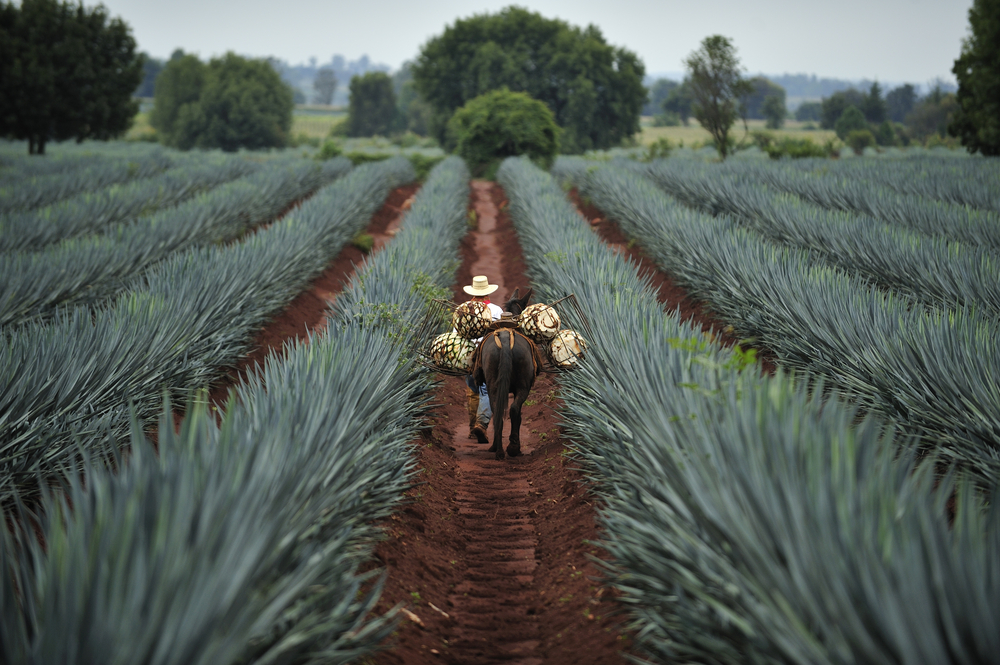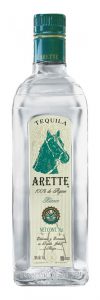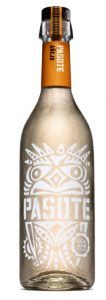
Tequila is My Spirit Animal
Oct 26, 2016

California’s thirst for agave distillates seems unquenchable. As a wonderful variety of Mezcal, Raicilla, and Sotol all find their way into our favorite establishments, let’s take a minute to get back to basics with the Golden State’s favorite, Tequila!
It all begins with a plant known as the Agave Azul Tequilan Weber (the blue agave). Although the blue agave has spiny, broad leaves (called “pencas”) resembling a cactus, the plant is classified as a member of the lily family. While several species of the agave can be fermented and distilled to make alcoholic beverages, only the blue agave can be used to make tequila.
The blue agave takes between 7 and 12 years to reach maturity. It is at this age when the plant is harvested by cutting away the outer pencas leaving only the heart of the plant, called the pina (pineapple) because of its appearance after the pencas are cut away. The pina is actually a huge ball of starch, very similar to a potato. The pinas are taken from the field to the distillery, where they are baked in room-sized stone ovens or autoclaves. It is this cooking which converts the starches to sugars.
The cooked pinas are then crushed in a mill and the fibers constantly rinsed with water to wash off the sugars. The resulting sugar / water mixture is called aguamiel (honey water). The aguamiel is collected and mixed with yeast and allowed to ferment. This fermentation process converts the sugars into alcohol.
The resulting fermented liquid is distilled twice, after which the final products can now be called Tequila.
Of the whole production process, it is the last step (“Aging”) which has the most impact of the final flavor profile of each Tequila. The Mexican Government recognizes four types of Tequila:

Blanco (White)
Unaged Tequila, bottled after distillation or rested in stainless steel tanks a minimum of 14 days to give it smoothness (Never touches Oak).
Recommended: Arette Blanco.

Reposado (Rested)
Tequila which has been aged a minimum of two months in oak barrels.
Recommended: Tequila Fortaleza Reposado,

Anejo (Aged)
Tequila which has been aged a minimum of one year in small oak barrels.
commended: Pasote Tequila Anejo

Extra Anejo (Extra Aged)
Tequila which has been aged a minimum of three years in small oak barrels.
Recommended: Don Pilar Extra Anejo
